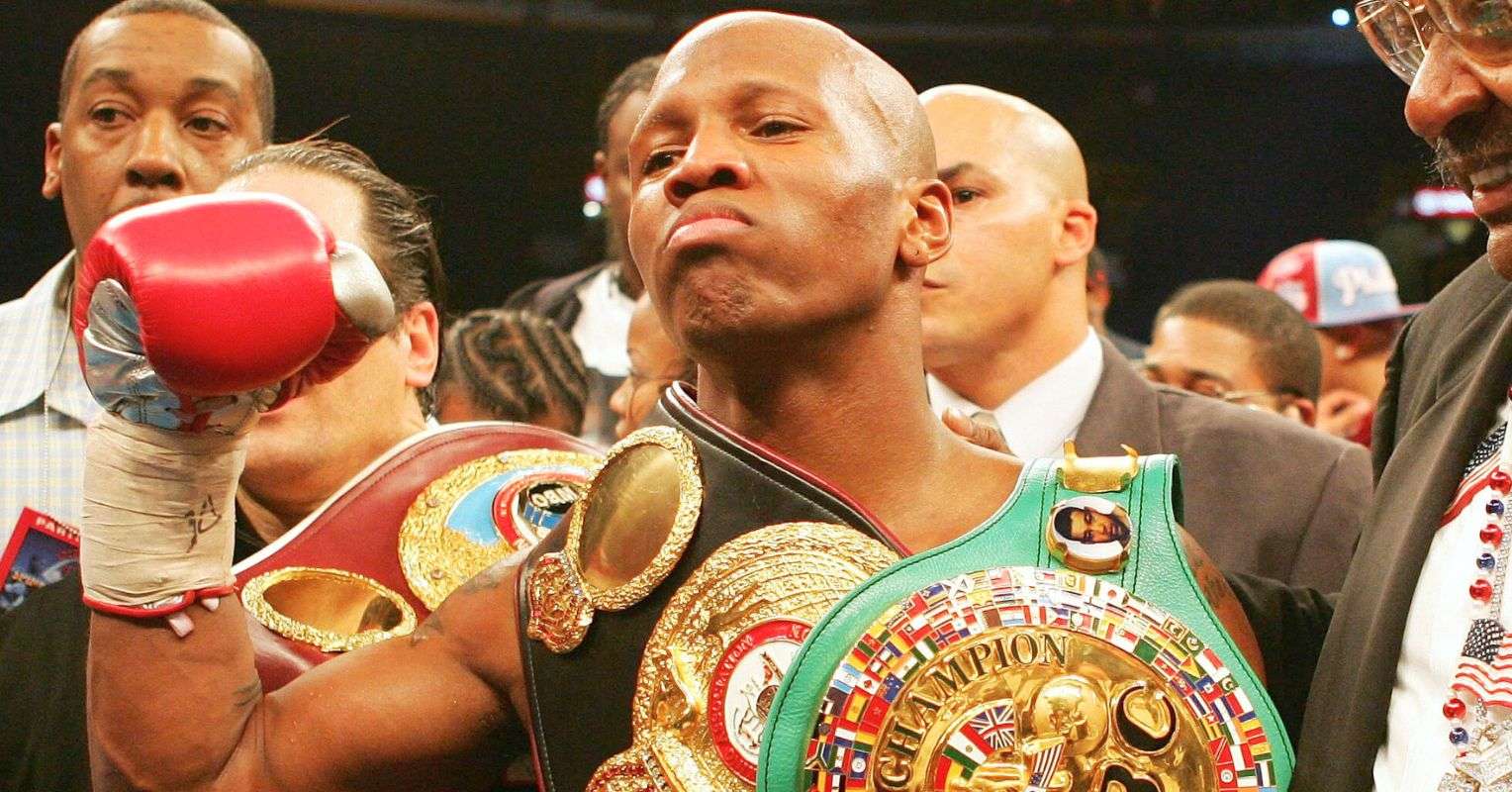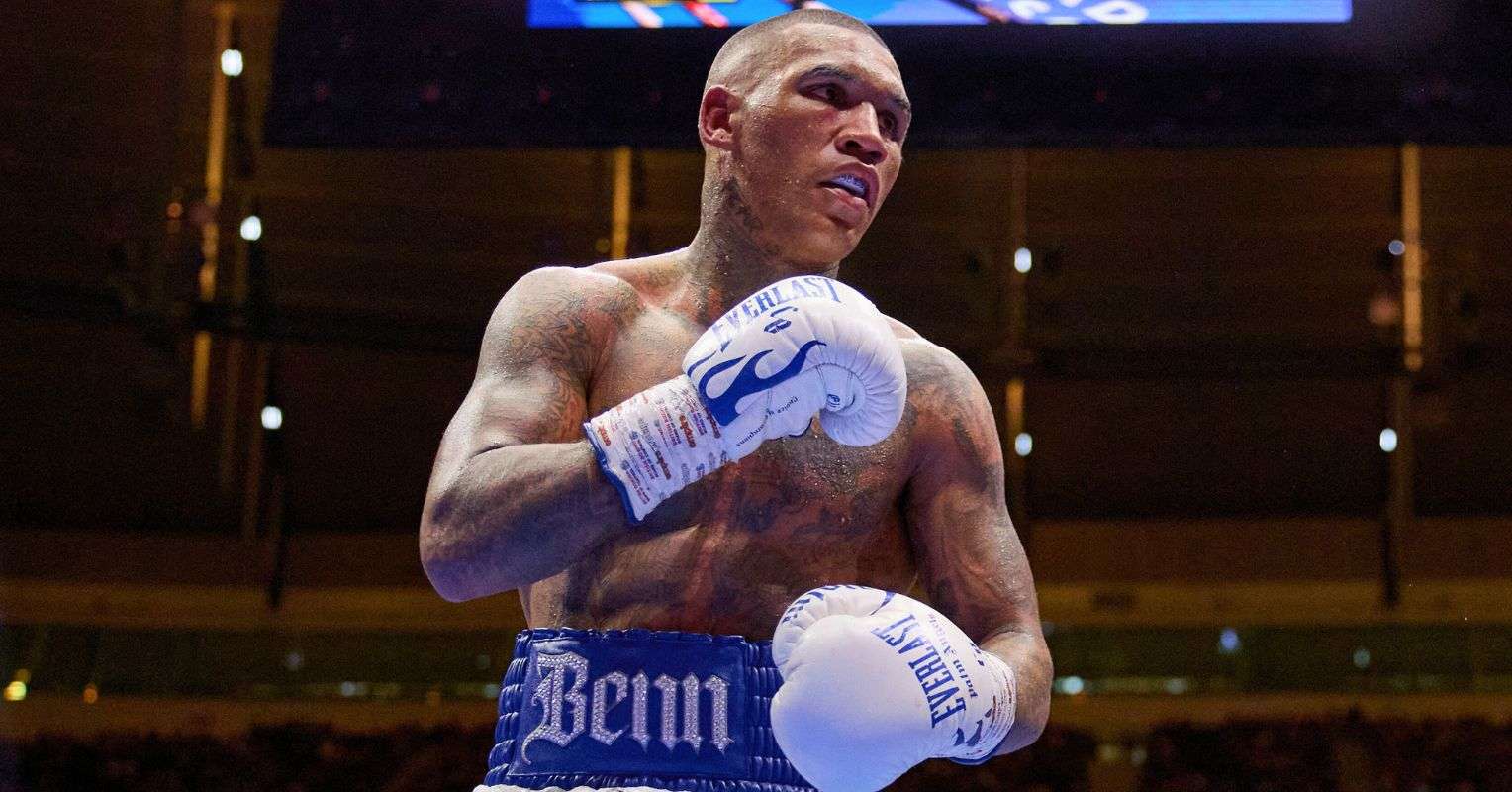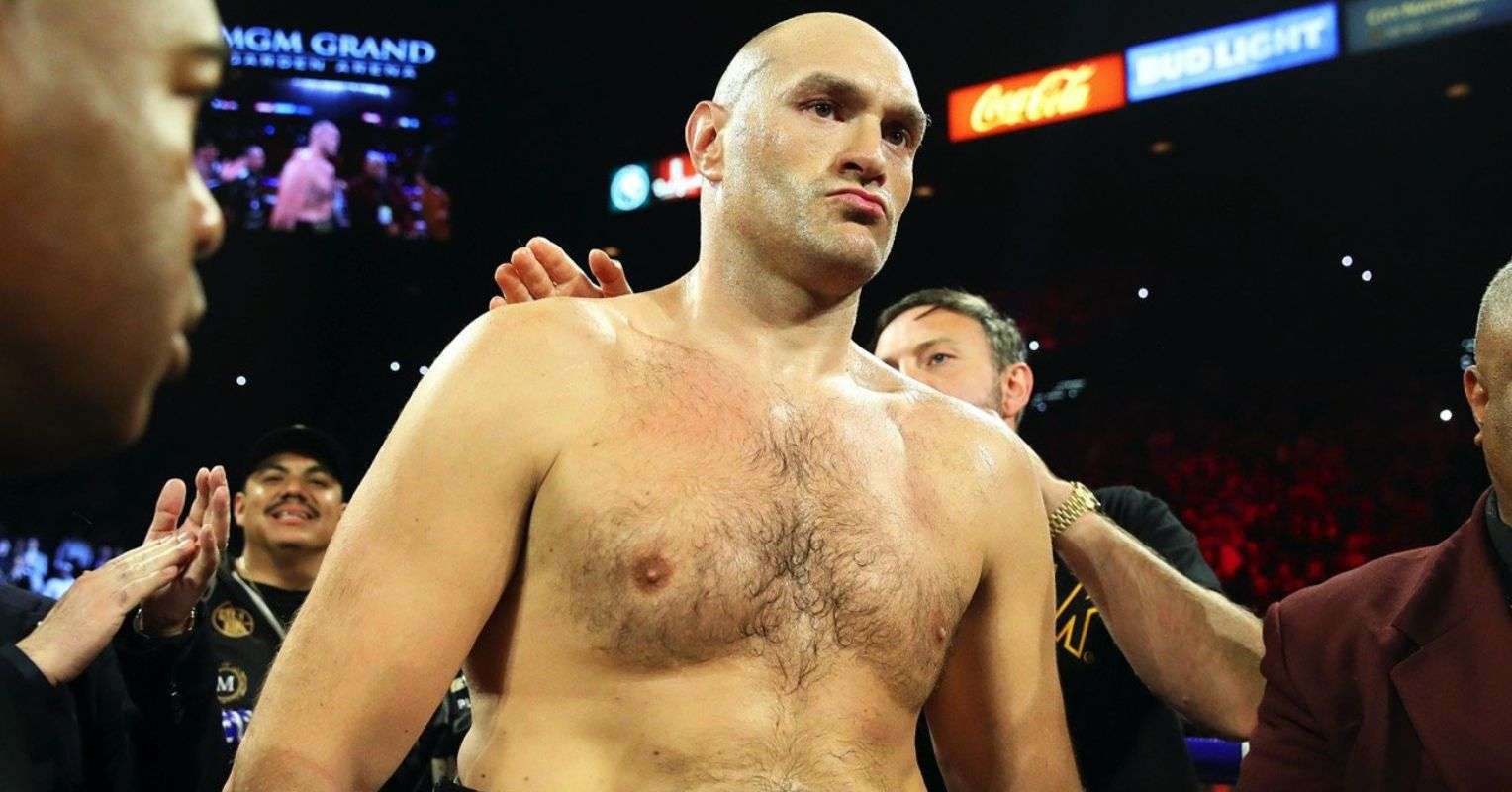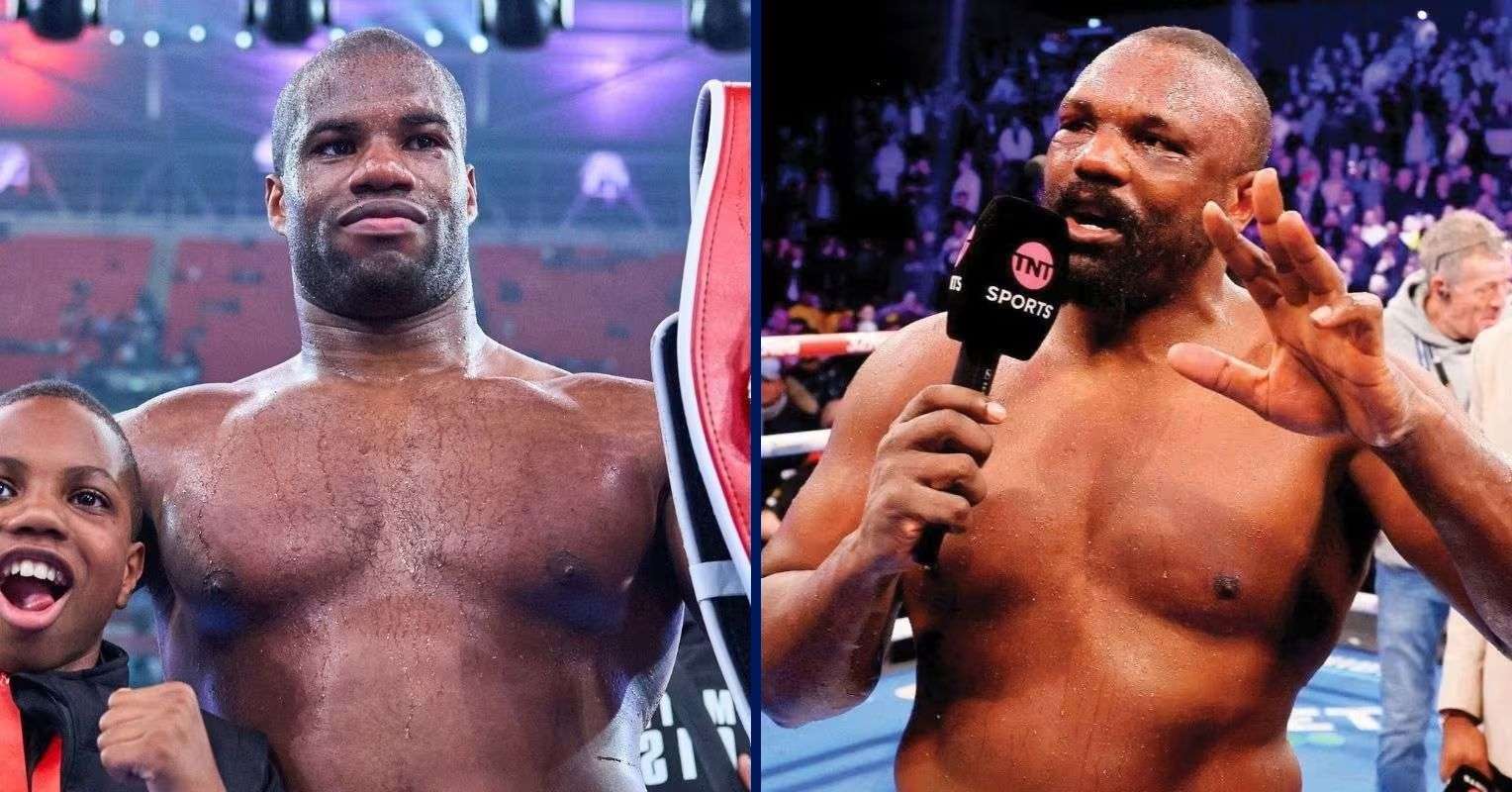Former two-division world champion Zab Judah fought many top names during his campaign.
Born in Brooklyn, New York, Judah began his professional career in 1996. Fighting as a southpaw with quick hands and athletic movement, he quickly gained attention in the super-lightweight division.
In 2000, he won the IBF title and successfully defended it several times before losing to Kostya Tszyu via knockout in a unification bout in 2001.
Judah moved up to welterweight, where he reached the peak of his career in 2005 by defeating Cory Spinks in a rematch to become the undisputed champion. He lost the belt in an upset against Carlos Baldomir in 2006 and was outpointed by Floyd Mayweather in his next bout, which featured a brawl between both teams in the ring. Judah, along with most, still feels a moment in round two when Mayweather’s glove touched the canvas should have been called a knockdown.
Throughout his career, Judah faced the likes of Miguel Cotto, Amir Khan, and Danny García. He was known for his speed and early-round power but also struggled with consistency, particularly in the later stages of his career. His professional record stands at 44 wins, 30 by knockout, 10 losses, and two no contests.
When taking stock speaking to OLBG, Judah opted for Micky Ward as his toughest test inside the ropes.
“Micky Ward was my toughest opponent because I was 15-0, fighting a legend, and he had a body punch that would stop a donkey. He was no joke. And I never had to use my mind capacity the way I had to use it in the Ward fight.
“That was hard. I’ve been fighting my whole life, there’s nothing physically hard for me. But I never had to use my brain and mind capacity as I did in the Micky Ward fight.”
Judah defeated Ward in 1998 via unanimous decision in what was very much the closing chapters of the latter’s career. Ward – known for his thrilling trilogy with Arturo Gatti – had a reputation as one of boxing’s toughest, though never won a major world championship title
Judah retired in 2019 after suffering a brain injury in a bout, which led to a brief hospitalisation and a decision to step away from competition. Since retiring, he has been involved in youth mentorship and boxing promotion.




